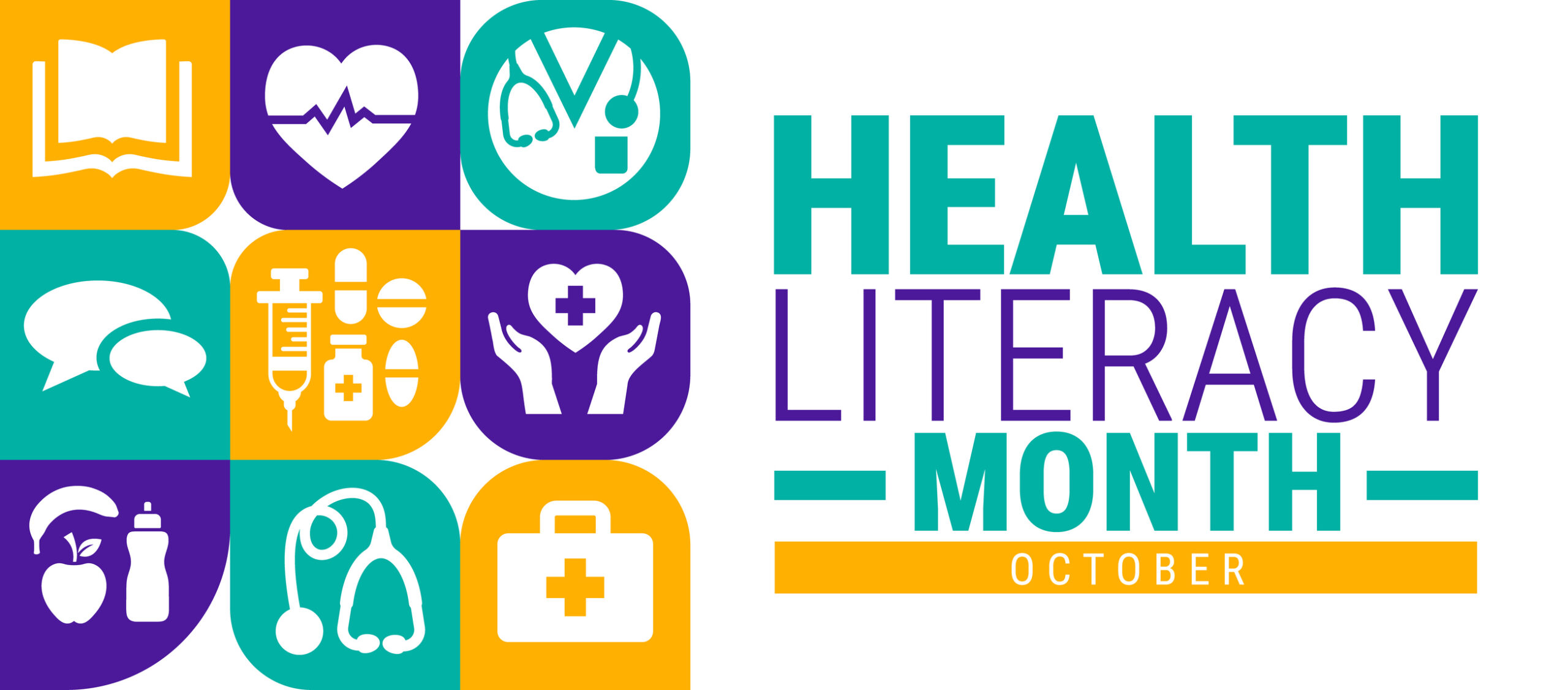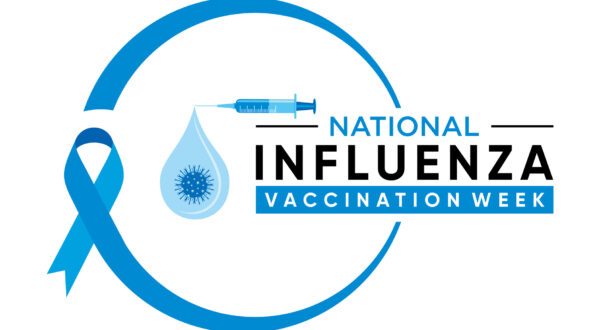Health Literacy Tips for Making Treatment Choices
Categories

Health care is full of choices. We’d all like a magic treatment with no side effects to solve our health problems. But most problems have more than one treatment, and each one has pros and cons.
Some decisions are easy. But sometimes, knowing which path is best for you can be confusing and stressful. Good decisions are the result of honest conversations with your doctor, where you are both open to learning and listening. Use these tips to get the most from these conversations.
Come with questions. It’s important to understand your condition and treatment choices. Make a list of questions to ask before you go to the doctor. Some examples:
- What is my condition?
- What are my treatment choices?
- How will each treatment work? Is the purpose to fix the problem or make me feel better?
- What problems could the treatment cause for me?
Share what you know. Tell the doctor what you know about your treatment choices from friends, family, or the internet. Your doctor can help you sort through all the information.
Share your worries, hopes, and goals. Think about what’s most important to you and tell your doctor. How will the treatment affect your day-to-day life? Which option supports your values and goals?
Ask for some time. You usually don’t have to make a treatment decision immediately in the doctor’s office. Ask for some time to read about the options and talk to friends and family.
Remember that the choice is yours. Your voice matters most when it comes to your health. Gather information and then decide what is best for you. You can even decide not to do any of the treatments – that’s always an option.
October is health literacy month, a perfect time to flex your learning muscles and understand your treatment options, so you can advocate for yourself. The decision-making process can be emotional, and nothing is perfect in life or health. But when you ask questions and have good conversations with your doctor, you can come to a decision that works for you.
Source: “Questions Are the Answer,” Agency for Healthcare Research and Quality.


